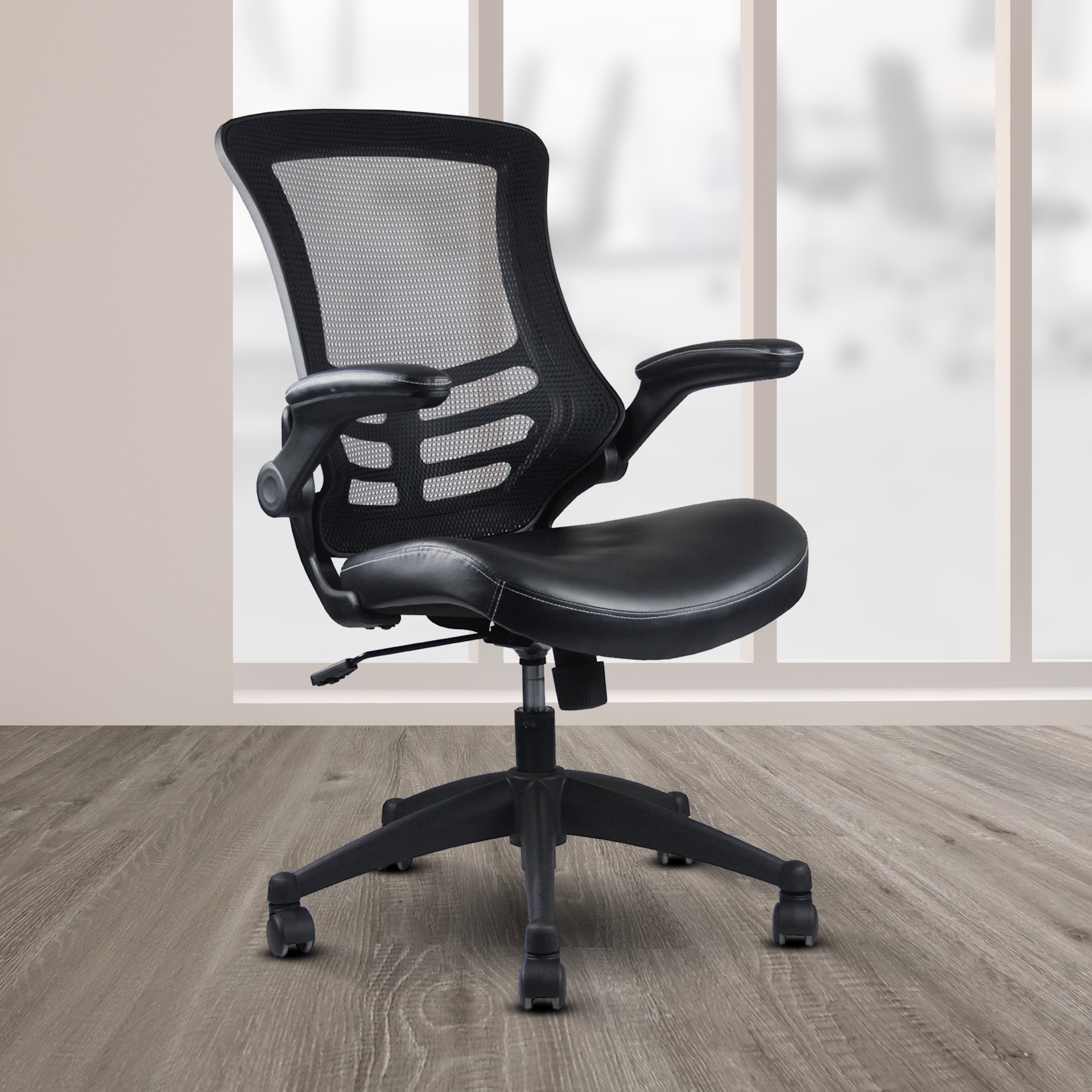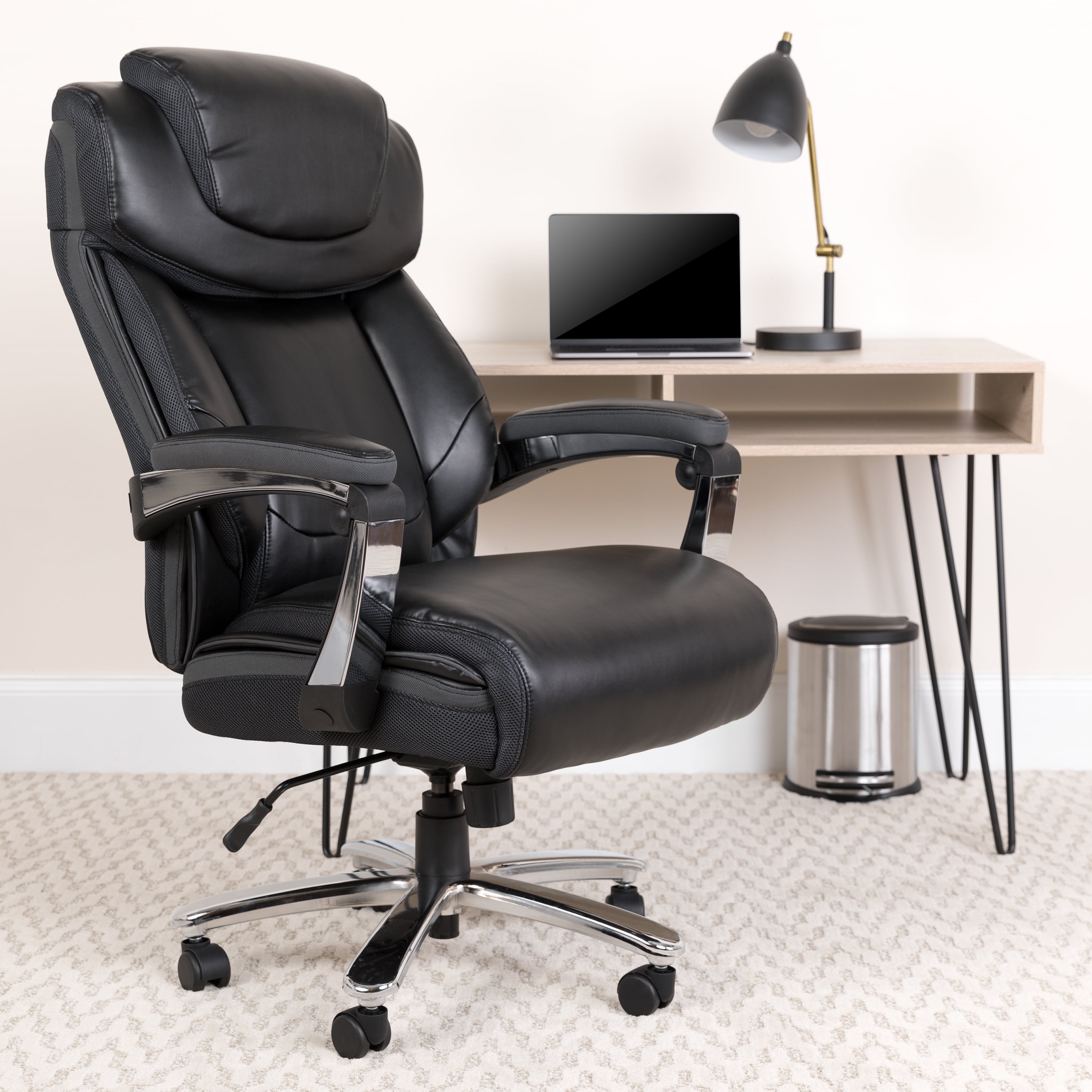The Rise of Black Managers in the Workplace

The presence of Black managers in the workplace is a critical factor in fostering a diverse and inclusive environment. It not only reflects societal progress but also contributes to organizational success. This section will delve into the historical context of Black representation in management roles, examine the current state of affairs, analyze the challenges faced by Black managers, and explore the impact of diversity and inclusion initiatives.
Historical Context of Black Representation in Management Roles
Historically, Black individuals have faced significant barriers to entry and advancement in management positions. Segregation and discrimination, deeply ingrained in American society, limited their opportunities and access to education and training. During the Civil Rights Movement, the fight for equality gained momentum, leading to legislative changes that aimed to address racial disparities in the workplace. However, despite these efforts, systemic biases and institutional barriers continued to impede the progress of Black professionals.
Current State of Black Representation in Management Positions
While progress has been made in recent decades, Black representation in management positions remains significantly lower than their white counterparts. According to a 2021 report by the Pew Research Center, only 4% of senior management positions in the United States are held by Black individuals. This disparity highlights the ongoing challenges faced by Black professionals in reaching leadership roles.
Challenges Faced by Black Managers in the Workplace
Black managers often encounter unique challenges in the workplace, including:
- Bias and Discrimination: Black managers may experience microaggressions, stereotypes, and implicit bias from colleagues and superiors, leading to feelings of isolation and lack of support.
- Lack of Mentorship and Sponsorship: The absence of mentors and sponsors who can guide and advocate for their career advancement can hinder their progress.
- Tokenism: Being the only or one of few Black managers in an organization can create a sense of pressure and isolation, leading to feelings of being constantly scrutinized and judged.
- Cultural Differences: Navigating a predominantly white corporate culture can be challenging, requiring Black managers to adapt and navigate cultural nuances that may not always be understood or appreciated.
Impact of Diversity and Inclusion Initiatives on Black Management Representation
Diversity and inclusion initiatives are crucial for increasing Black representation in management roles. These programs can:
- Promote awareness of unconscious bias: Training programs that address implicit bias can help create a more inclusive environment and reduce the impact of stereotypes on decision-making.
- Provide mentorship and sponsorship opportunities: Establishing mentorship and sponsorship programs can connect Black managers with senior leaders who can guide their career development and advocate for their advancement.
- Create a sense of belonging: Inclusive work environments that value diversity and celebrate different perspectives can help Black managers feel valued and supported.
- Foster a culture of accountability: Organizations should hold leaders accountable for creating a diverse and inclusive workplace, promoting equitable opportunities for all employees.
The Importance of a Comfortable and Ergonomic Office Chair: Black Manager Office Chair

In the modern workplace, where employees spend countless hours seated, a comfortable and ergonomic office chair is not just a luxury but a necessity. It plays a crucial role in promoting employee well-being, productivity, and overall workplace satisfaction.
Ergonomics in Office Chair Design
Ergonomics is the science of designing and arranging things to optimize human well-being and overall system performance. In the context of office chairs, ergonomics focuses on creating chairs that provide proper support and minimize strain on the body, particularly the back, neck, and wrists. This involves considering factors such as seat height, back support, armrests, and lumbar support.
Features of an Ergonomic Office Chair
Ergonomic office chairs are designed with specific features that contribute to comfort and support. These features include:
- Adjustable Seat Height: Allows users to adjust the seat height to ensure their feet are flat on the floor and their thighs are parallel to the floor, reducing strain on the lower back.
- Lumbar Support: Provides support to the lower back, preventing slouching and promoting proper posture.
- Adjustable Backrest: Allows users to adjust the backrest angle to find a comfortable and supportive position.
- Armrests: Provide support for the arms and elbows, reducing strain on the shoulders and neck.
- Seat Depth Adjustment: Allows users to adjust the seat depth to ensure their knees are slightly lower than their hips, promoting proper blood circulation.
- Breathable Fabric: Prevents overheating and discomfort, especially during long periods of sitting.
Types of Office Chairs
Different types of office chairs are designed to cater to specific needs and preferences. Some common types include:
- Executive Chairs: Typically larger and more luxurious, with features like leather upholstery, high backrests, and adjustable headrests. They are often used by senior executives and managers.
- Task Chairs: Designed for everyday use, offering good support and adjustability. They are typically more affordable than executive chairs and are suitable for a variety of office tasks.
- Gaming Chairs: Designed for extended periods of sitting, offering high backrests, lumbar support, and adjustable armrests. They often feature vibrant colors and gaming-themed designs.
Health Benefits of Using a Comfortable and Ergonomic Office Chair
Using a comfortable and ergonomic office chair offers numerous health benefits, including:
- Reduced Back Pain: Proper back support and posture can significantly reduce the risk of back pain, a common ailment among office workers.
- Improved Posture: Ergonomic chairs promote good posture by providing support and encouraging users to sit upright. This can reduce muscle strain and improve overall comfort.
- Enhanced Circulation: Adjustable seat height and depth help ensure proper blood circulation, reducing the risk of fatigue and discomfort in the legs and feet.
- Increased Productivity: A comfortable and supportive chair can improve focus and concentration, leading to increased productivity.
- Reduced Fatigue: Proper support and comfort can minimize muscle fatigue and discomfort, allowing users to work for longer periods without feeling tired.
Black Manager Office Chair Considerations

Choosing the right office chair is crucial for any manager, but for Black managers, there are specific considerations to ensure comfort, style, and a sense of belonging in the workplace.
Factors to Consider for Black Managers, Black manager office chair
A Black manager’s office chair should prioritize comfort, support, and adjustability to accommodate diverse body types.
- Adjustable Lumbar Support: Proper lumbar support is essential for preventing back pain, especially for individuals with a wider frame or longer torso.
- Wide Seat: A wider seat provides ample room for the hips and thighs, ensuring comfort for individuals with a broader build.
- Adjustable Seat Depth: Adjusting the seat depth allows for proper legroom and prevents pressure on the back of the knees, crucial for maintaining good posture.
- Armrest Adjustability: Adjustable armrests allow for personalized comfort and support for the elbows and shoulders, crucial for individuals with different heights and postures.
- High-Quality Materials: High-quality materials like breathable mesh or leather offer both comfort and durability, important for long hours spent sitting.
Choosing a Chair that Reflects Personality and Style
A Black manager’s office chair should reflect their personal style and create a welcoming and professional environment.
- Bold Colors: Choosing a chair with a bold color like rich burgundy, emerald green, or deep blue can add a touch of personality and sophistication to the workspace.
- Unique Designs: Exploring chairs with unique designs like geometric patterns or intricate stitching can add a touch of individuality and sophistication to the workspace.
- Statement Pieces: Choosing a chair with a statement feature like a high back or a unique base can add a touch of drama and personality to the workspace.
Office Chair Brands and Suitability for Black Managers
When choosing an office chair, it’s essential to consider the brand’s reputation for quality, comfort, and adjustability.
| Brand | Features | Suitability for Black Managers |
|---|---|---|
| Herman Miller | Adjustable lumbar support, wide seat, adjustable seat depth, armrest adjustability, high-quality materials. | Highly suitable for Black managers due to its emphasis on comfort, adjustability, and high-quality materials. |
| Steelcase | Adjustable lumbar support, wide seat, adjustable seat depth, armrest adjustability, high-quality materials. | Highly suitable for Black managers due to its emphasis on comfort, adjustability, and high-quality materials. |
| Haworth | Adjustable lumbar support, wide seat, adjustable seat depth, armrest adjustability, high-quality materials. | Highly suitable for Black managers due to its emphasis on comfort, adjustability, and high-quality materials. |
Cultural Sensitivities in Office Chair Selection
Cultural sensitivities play a crucial role in office chair selection, ensuring a comfortable and inclusive environment for Black managers.
- Avoid Stereotypical Designs: Avoid choosing chairs with designs that might perpetuate stereotypes or reinforce negative biases about Black people. For example, steer clear of chairs with exaggerated or stereotypical African-inspired motifs.
- Consider Cultural Preferences: Consider the cultural preferences of Black managers, including their preferences for color, patterns, and materials. Research and seek input from Black colleagues and friends to ensure the chosen chair reflects a sense of cultural sensitivity and respect.
- Promote Inclusivity: Choosing a chair that reflects cultural sensitivity and inclusivity promotes a welcoming and respectful workplace environment for Black managers, fostering a sense of belonging and encouraging them to feel comfortable and empowered in their leadership roles.
A black manager office chair often embodies professionalism and sophistication, but it can also lack the comfort needed for long workdays. Adding a touch of personalized comfort can be achieved with black kitchen chair cushions that can be adapted to the chair’s dimensions.
These cushions can provide additional support and enhance the overall aesthetic of the chair, transforming it from a purely functional piece to a more inviting and comfortable workspace element.
While a black manager office chair exudes professionalism and authority within a corporate setting, a different kind of comfort awaits in the outdoors. Imagine relaxing on a wrought iron garden rocking chair , its intricate design complementing the natural beauty of your surroundings.
Just as the office chair provides support for long hours of work, the rocking chair offers a gentle sway that soothes the mind and body, creating a haven for quiet contemplation and rejuvenation.
